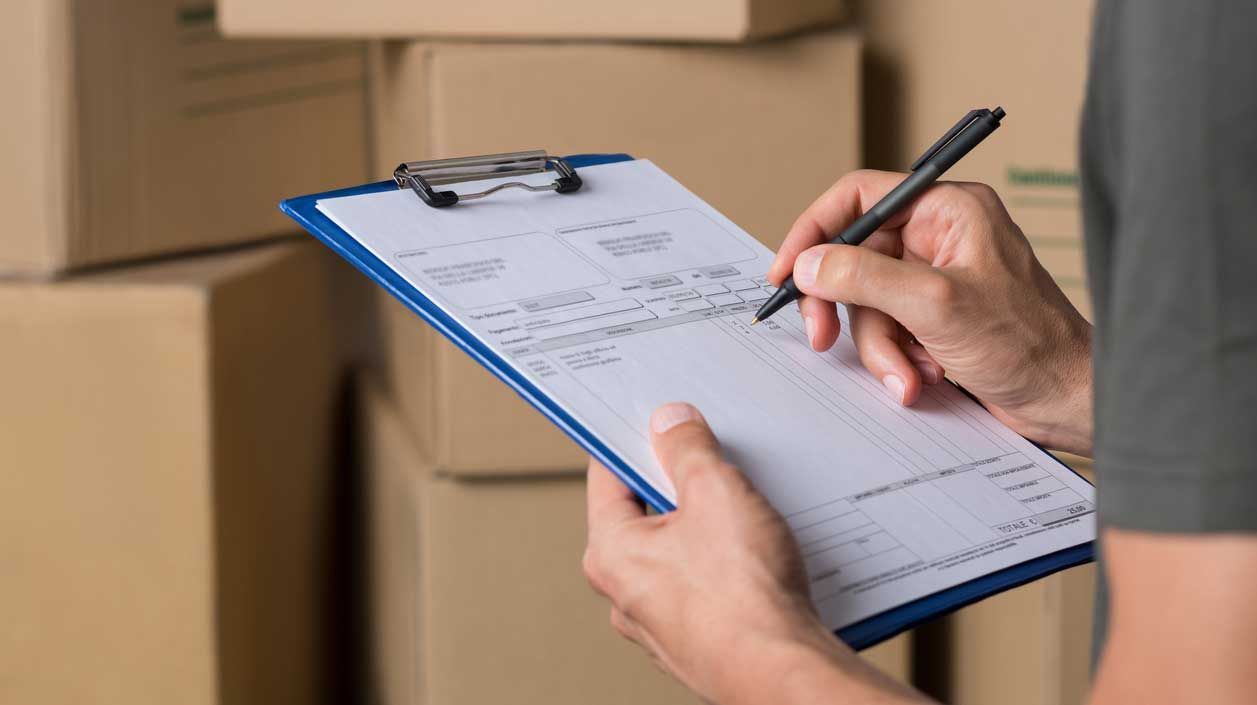Moving freight in the current fast-paced environment isn’t just about trucks or routes but also the right information, flexibility and the right tools to handle the unexpected. Your logistics partner should offer more than the standard freight services, whether you’re manufacturing company that must deliver products on time or a retailer who has to manage multiple deliveries per day. They must provide the ability to control, trust and clarity.

Image credit: translogisticsinc.com
That’s where modern freight brokerage services and technology-driven 3PL providers step in to change the game.
The Modern Freight Broker is more than a Middleman
Traditionally, a freight broker was seen as someone who simply connected shippers with carriers. Freight brokers are now strategic partners who manage transportation complexity on behalf of clients. They negotiate better rates, vet reliable carriers, resolve disruptions, and can help prevent expensive delays.
A reliable freight broker can help you save not just money, but also from the logistical problems that can harm your bottom line.
Translogistics, Inc. (TLI) Companies are reinventing what this relationship entails. By offering multimodal freight brokerage services, they allow businesses to shift between parcel, LTL (less-than-truckload), and volume LTL shipments depending on urgency, budget, or customer needs. This flexibility is important more now than ever before.
3PL Providers: A New Layer of Strategy You Didn’t Even Know You Needed
It’s time to look into an 3PL service provider if you’re using multiple carriers, are having trouble juggling costs, tracking shipments manually and managing claims using an Excel spreadsheet. Third-party logistic partners can help make time savings by taking on these tasks.
A 3PL that is reliable will offer more than just outsourcing services. They can bring structure, experience, and strategy. They’ll be able to evaluate your shipping patterns and suggest the most efficient options. They also incorporate technology-driven processes into the logistics department. With an efficient 3PL, you’re no responding to problems, but in the process of preventing them before they even begin. In an industry where transparency and efficiency are not a given and tools that operate behind the scenes can make the most difference.
The Function of a Transportation Management System (TMS)
Imagine that a Transportation Management System is the control mission of your freight. This is your digital brain that lets you monitor how you manage and optimize each of your freight on a single platform. From viewing real-time carrier rates to generating Bills of Lading and auditing freight invoices, a TMS gives you the transparency and control that you’ve been missing.
Translogistics’ ViewPoint TMS platform is an example, and was designed with these goals in mind. It does not just compare prices across modes but is also able to handle drag-and-drop data entry powered by AI which can eliminate the manually typing that can slow down teams. This is a good example of how logistics technology has developed to facilitate faster and more efficient processes.
The reason why it all comes down to Partnership
Logistics doesn’t have to be just about systems and services, but it’s also about people. It’s essential to have a team that knows what’s at risk when a shipment goes through delays or a carrier fails. It’s not only about the transaction. It’s a more strategic one.
Search for a supply chain partner who will listen, adapt, and invest in most up-to-date technology to ensure that your supply chains are in good shape. One who handles your shipments with the same attention to detail and urgency as you would. When you’ve got the best assistance, the freight process becomes an easy process. Your business will be better prepared to grow. Because today’s logistics success isn’t just about moving freight. It’s all about transferring more efficiently.